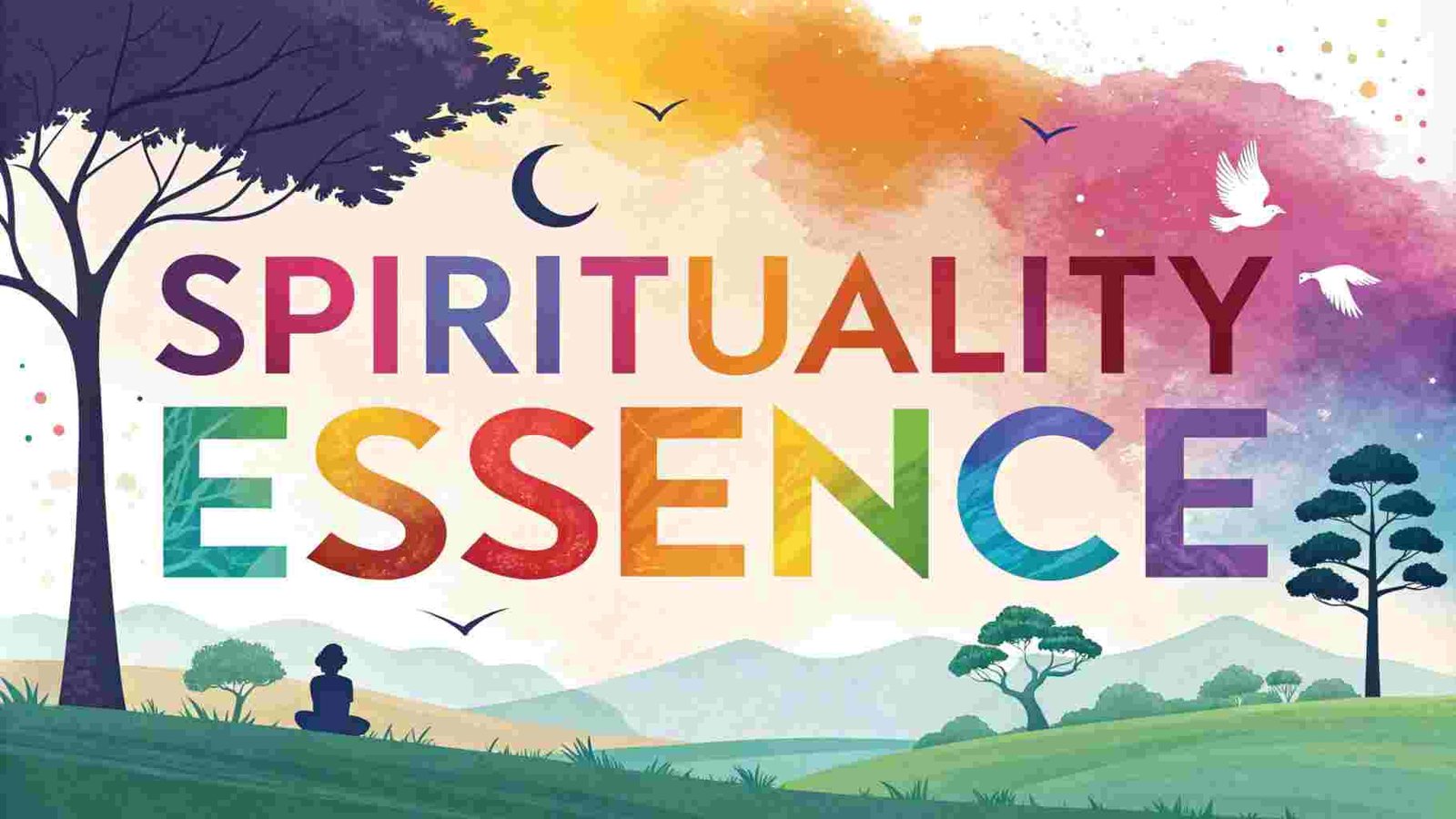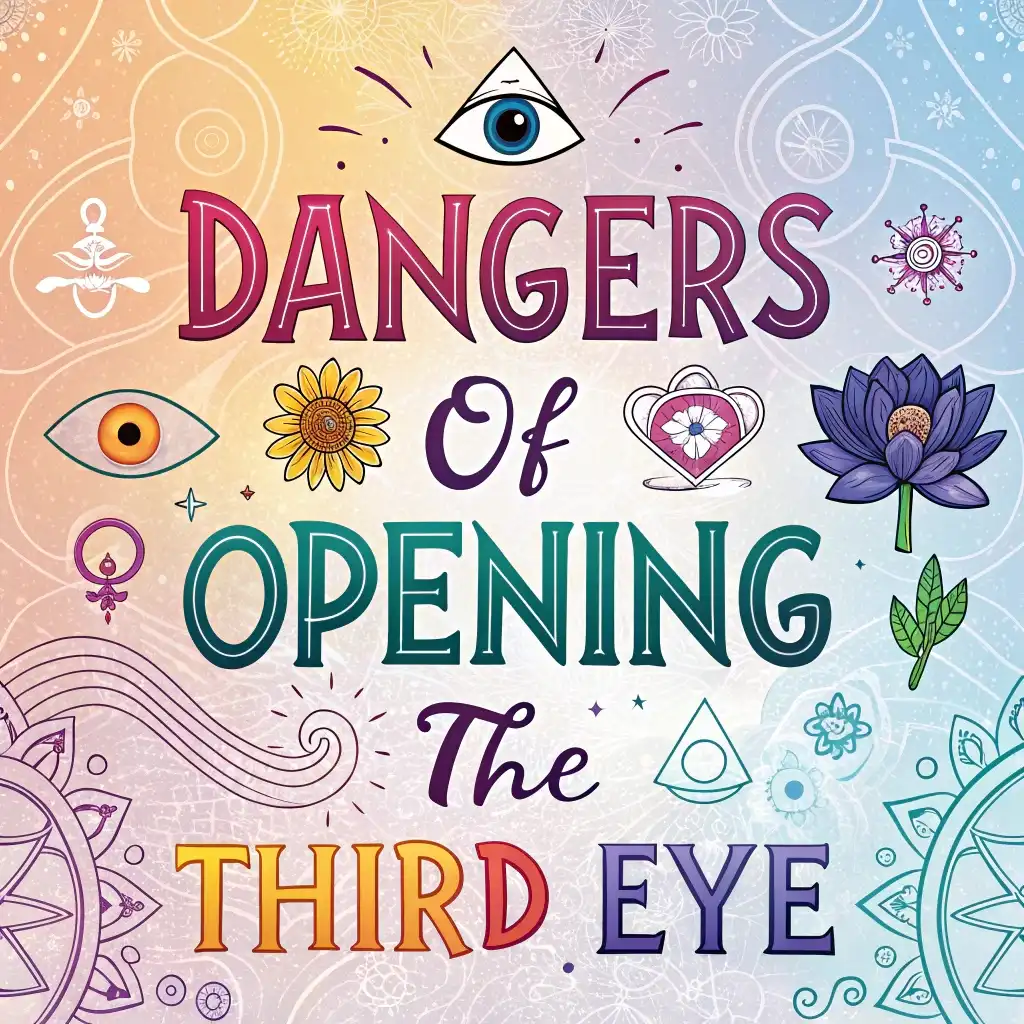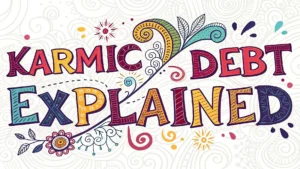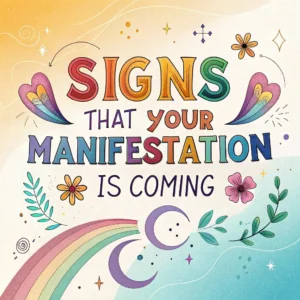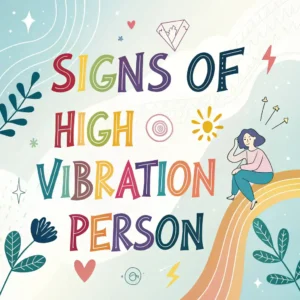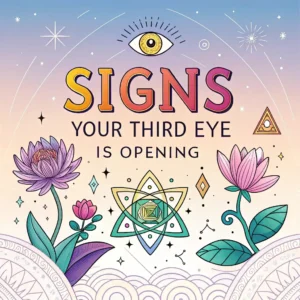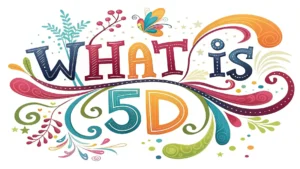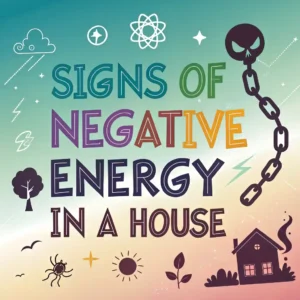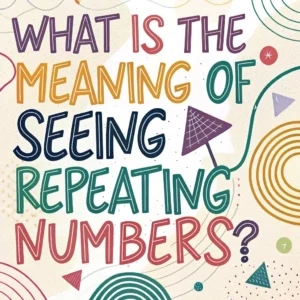Have you ever heard about the third eye? It’s a special part of your mind that some people say helps you see things beyond what your regular eyes can.
People who talk about opening the third eye say it gives them superpowers like seeing into the future, understanding hidden truths, or feeling connected to the universe. Sounds exciting, right?
But hold on! Just like with anything powerful, there are risks too.
If you’re curious about this topic, keep reading because we’ll share 11 dangers and side effects of opening the third eye. You might be surprised by how tricky it can get if you don’t approach it carefully.
Key Takeaways
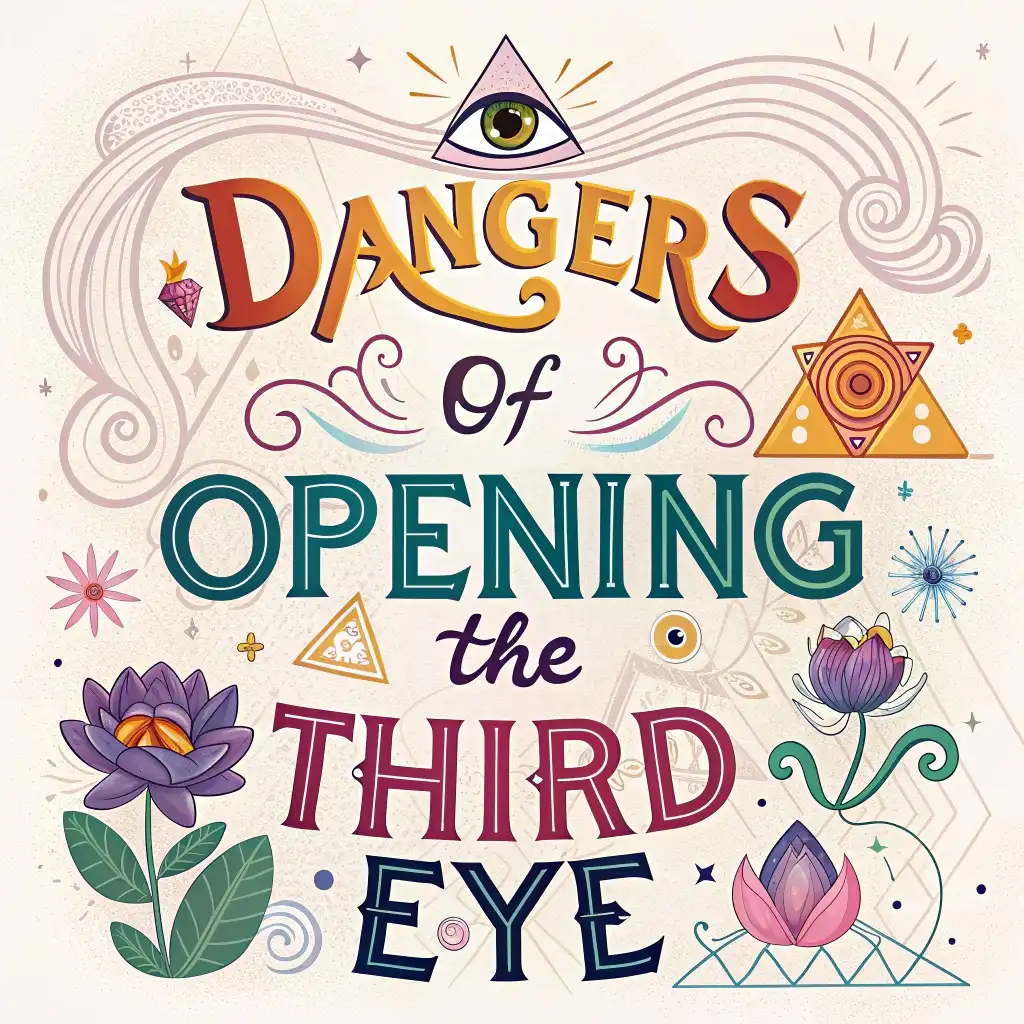
- Opening the third eye isn’t always safe: While many claim amazing benefits, there are real risks involved.
- Headaches and dizziness are common physical symptoms when attempting to awaken the third eye.
- Some people experience emotional overload, which makes them feel overwhelmed or sad without warning.
- There’s a chance of spiritual confusion, where you may struggle to tell reality from imagination.
- Energy imbalances can happen, leaving you tired or restless.
- Sleep problems often occur as your mind becomes overactive at night.
- Not everyone is ready for this journey; it requires patience and preparation.
- Always consult experts before starting practices like meditation or energy work.
- Protect yourself spiritually using grounding techniques and positive affirmations.
- Remember, balance is key. Too much focus on the third eye can harm your daily life.
What Is the Third Eye? A Simple Explanation
The third eye is not an actual eye but a concept used in spiritual traditions like yoga, meditation, and ancient religions. Think of it as a doorway inside your head located between your eyebrows.
This “doorway” connects you to higher levels of awareness, intuition, and wisdom. When people talk about opening the third eye, they mean activating this inner sense to gain deeper insights about life.
To activate the third eye, people use methods like meditation, visualization, and breathing exercises. These activities aim to calm the mind and sharpen focus.
However, just like learning to ride a bike, it takes practice—and sometimes accidents happen along the way. For example, you might feel dizzy or confused during early attempts. That’s why understanding the process fully is important before jumping in.
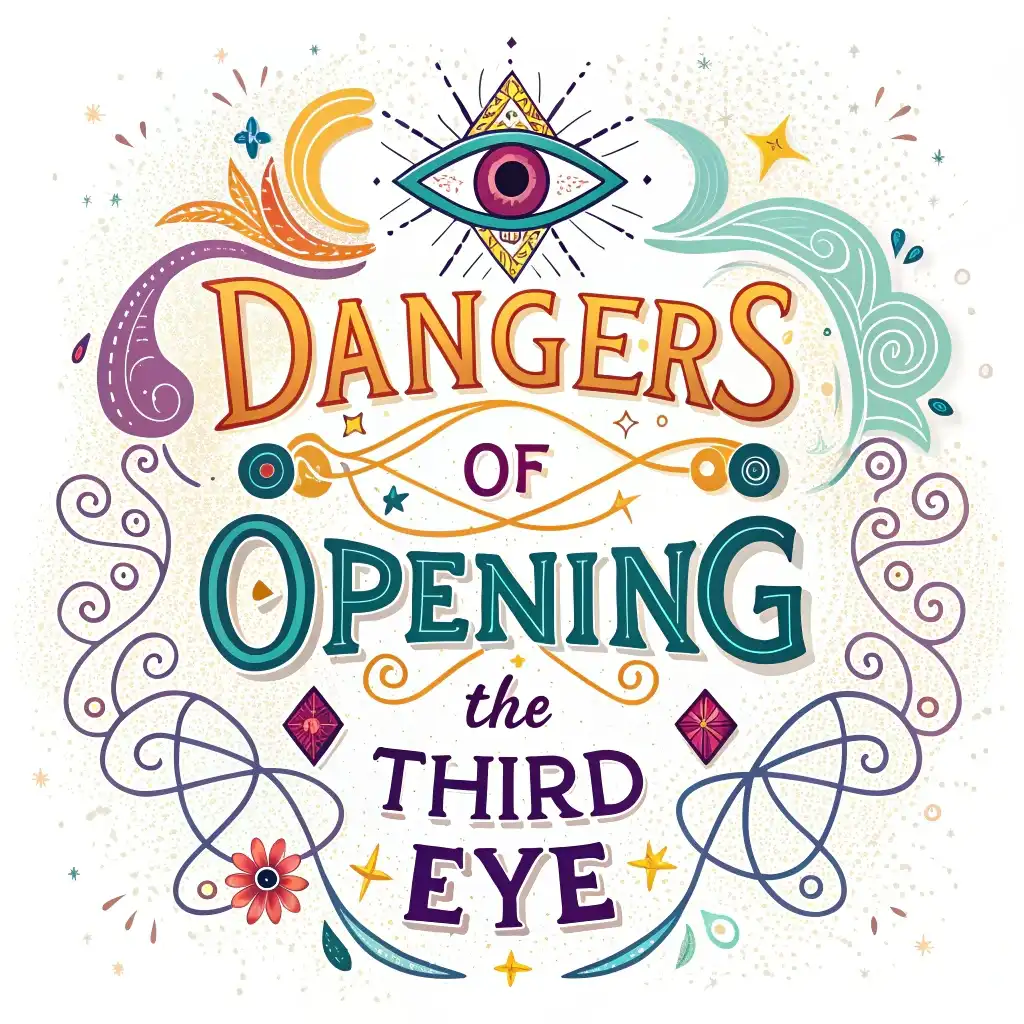
Physical Symptoms: Headaches and Fatigue
One of the most common complaints from those who try to open their third eye is headaches. Imagine having a tight band around your forehead—that’s how some describe the pain.
Why does this happen? Well, when you start focusing intensely on one area of your body, it creates pressure. Over time, this strain can lead to throbbing sensations or migraines.
Fatigue is another issue. Your brain works hard during these exercises, almost like running a marathon. If you push too hard too fast, you’ll feel exhausted afterward. “I felt drained after every session,” says Sarah, a beginner meditator. She had to take breaks to recover her energy.
To avoid these problems, experts recommend starting slow. Don’t rush the process. Use gentle techniques like deep breathing or guided meditations designed for beginners. Also, drink plenty of water and eat healthy foods to support your body’s needs.
Emotional Overload: Feeling Too Much
When you open your third eye, emotions can flood in unexpectedly. Suddenly, you might cry over small things or feel angry for no reason. This happens because the third eye amplifies your ability to feel—not just physically but emotionally too.
For instance, someone might walk past you, and you instantly pick up on their sadness or stress.
At first, this heightened sensitivity seems cool, but it can quickly become overwhelming. “It was like being bombarded with feelings I couldn’t control,” shares Mark, who tried third-eye awakening.
To manage emotional overload, experts suggest practicing mindfulness. Stay grounded by reminding yourself that not all emotions belong to you. Journaling your thoughts or talking to a trusted friend can also help release built-up tension.
Spiritual Confusion: Losing Touch with Reality
Imagine seeing visions or hearing voices that others can’t perceive. Sounds spooky, doesn’t it? Unfortunately, this is a risk when working with the third eye. Without proper guidance, you might confuse these experiences with reality.
For example, you might dream vividly about events that never happened or interpret random coincidences as signs from the universe.
Over time, this can blur the line between what’s real and what’s imagined. Experts warn against diving too deeply into third-eye practices without supervision.
If you notice signs of spiritual confusion, pause your efforts immediately. Ground yourself by spending time outdoors, engaging in hobbies, or reconnecting with loved ones. Keeping a journal can also help track patterns and identify triggers.
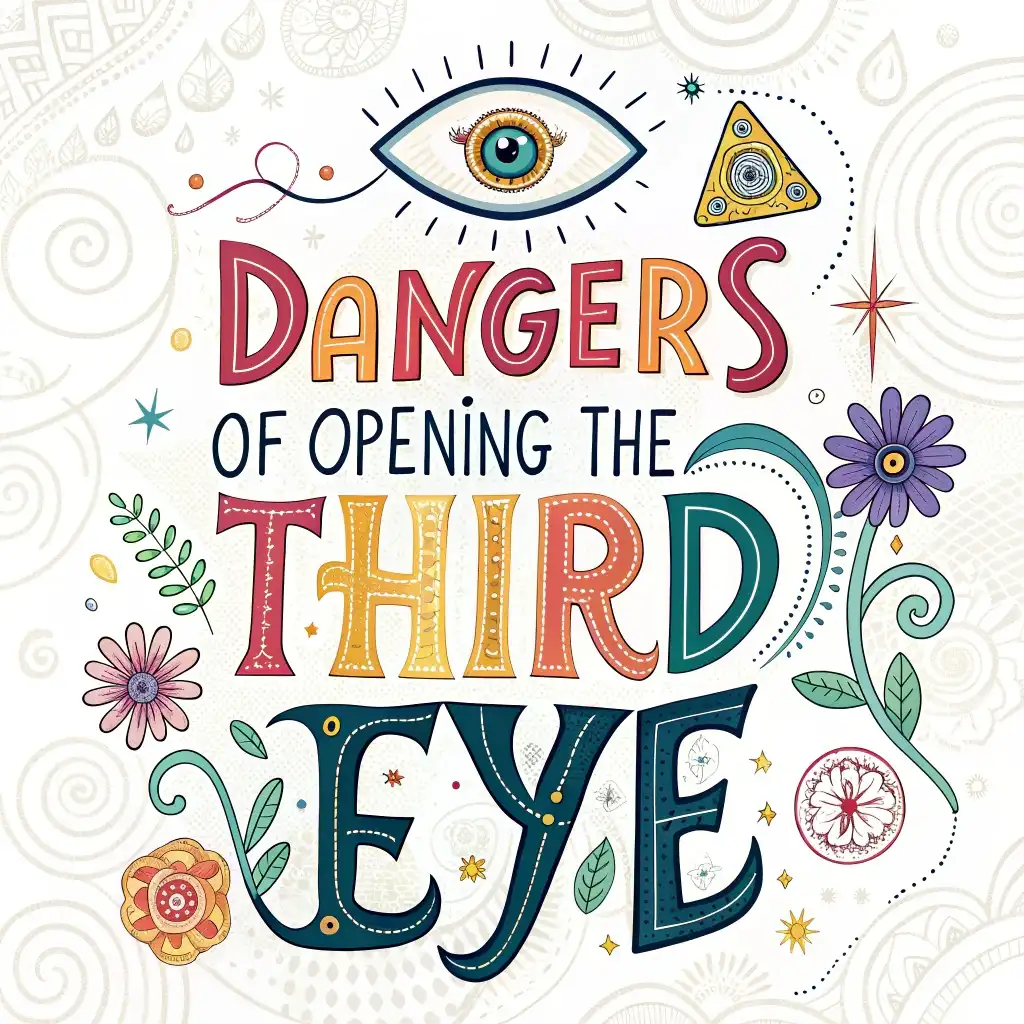
Energy Imbalances: Tiredness vs. Restlessness
Your body has natural energy flows, kind of like rivers moving through you. When you tamper with these flows while opening the third eye, imbalances can occur.
Sometimes, you’ll feel incredibly tired, like you’ve run a marathon. Other times, you’ll toss and turn at night, unable to relax.
These swings can disrupt your daily routine. For example, you might snap at friends due to irritability or struggle to concentrate at school or work. To fix this, try balancing exercises like yoga or tai chi. These activities restore harmony to your energy system.
Sleep Problems: Staying Awake at Night
Many people report trouble sleeping after beginning third-eye practices. Their minds race with thoughts, making it impossible to drift off. Others wake up frequently throughout the night, feeling restless.
Lack of sleep affects your mood, memory, and overall health. To combat insomnia, create a calming bedtime ritual.
Avoid screens an hour before bed, sip herbal tea, and listen to soothing music. Meditation focused on relaxation rather than activation can also help.
Overdependence on Intuition
Relying too heavily on your newfound intuition can backfire. Instead of trusting logic or evidence, you might make impulsive decisions based solely on gut feelings.
This habit can lead to poor choices and regret later.
Experts advise maintaining a balance between intuition and rational thinking. Test your instincts against facts before acting on them.
Keep a decision journal to evaluate outcomes and learn from mistakes.
Feeling Disconnected from the Physical World
When you start opening your third eye, it’s possible to feel like you’re floating away from the real world. This happens because your focus shifts more toward your inner self and less on what’s happening around you.
For example, you might find yourself daydreaming during class or zoning out while talking to friends. It’s as if part of you is “elsewhere.”
This disconnection can make everyday tasks harder. You might forget appointments, lose track of time, or even neglect responsibilities like chores or homework.
“I felt like I was living in two worlds,” says Lisa, who experimented with third-eye meditation. She had to work hard to stay present in her daily life.
To avoid feeling too detached, practice grounding exercises. Walk barefoot on grass, hold onto something solid like a rock or tree trunk, or simply take deep breaths while focusing on your surroundings. These activities remind your body and mind that you’re still connected to the physical world.
Increased Sensitivity to Energy
Once your third eye starts awakening, you may notice that you become more sensitive to the energy around you. This could mean picking up on other people’s emotions, sensing negative vibes in certain places, or even feeling uneasy without knowing why. While this heightened awareness can be useful, it can also be exhausting.
For instance, walking into a crowded room might suddenly feel overwhelming because you’re absorbing everyone’s energy at once. Or, you might feel drained after spending time with someone who’s stressed or upset.
“It’s like being an emotional sponge,” explains Tom, who struggled with this side effect. He learned to set boundaries by visualizing a protective shield around himself.
If you experience increased sensitivity, try shielding techniques. Imagine a bubble of light surrounding you, keeping unwanted energies out. Also, limit exposure to stressful environments and prioritize self-care to recharge your own energy.
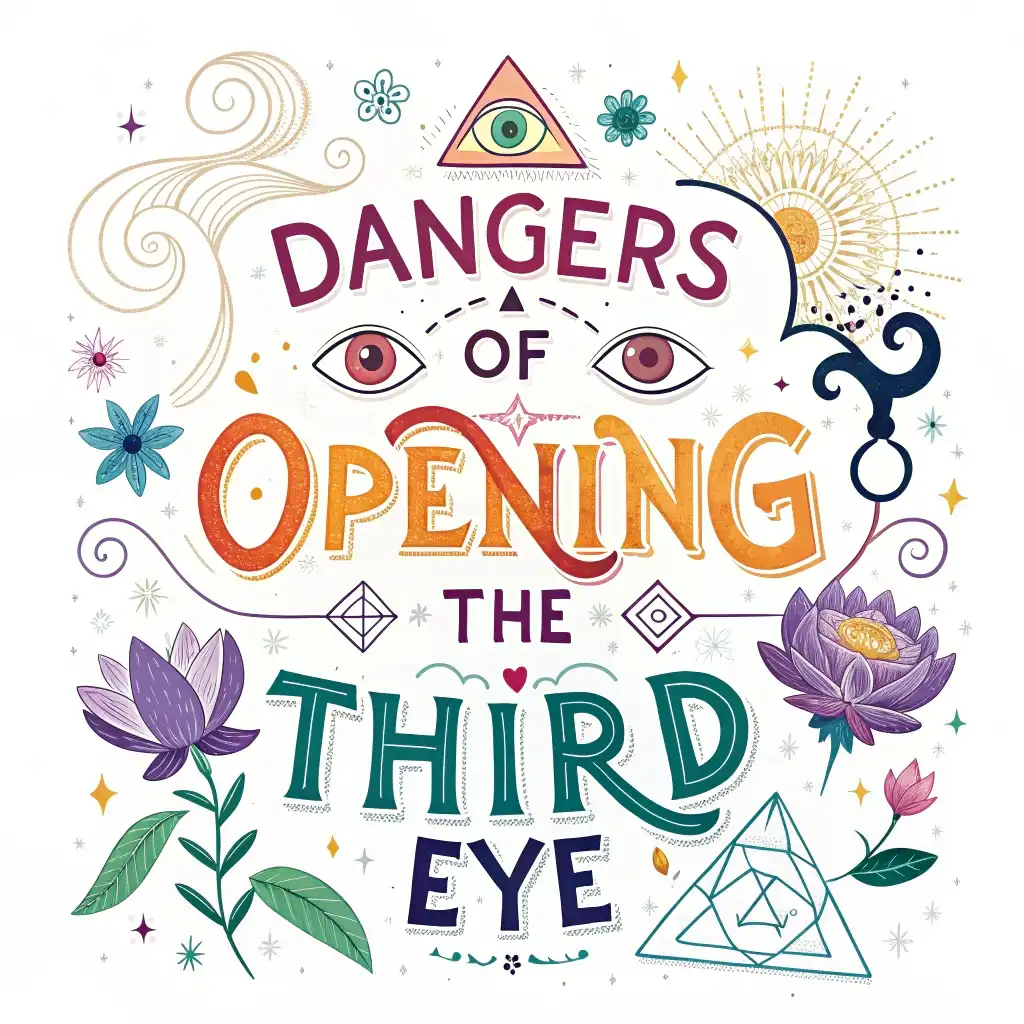
Difficulty Concentrating on Daily Tasks
Another challenge of opening the third eye is difficulty concentrating on regular activities. Your mind becomes so focused on spiritual growth that mundane tasks like studying, working, or even watching TV seem boring or unimportant. This lack of focus can affect your performance in school or at your job.
Imagine trying to read a book but finding your thoughts drifting off to deeper philosophical questions instead.
Or, picture sitting through a meeting while your mind wanders to visions of past lives or future possibilities. These distractions can frustrate both you and those around you.
To improve concentration, set aside specific times for spiritual practice and stick to them. During the rest of the day, use mindfulness techniques to bring your attention back to the task at hand.
Break big projects into smaller steps, and reward yourself for completing each one. Staying organized will help keep your mind sharp.
Fear and Anxiety About the Unknown
Opening your third eye can sometimes bring up fears and anxieties about things you don’t fully understand. Because this process involves exploring parts of yourself and the universe that are mysterious, it’s natural to feel scared. What if you see something unsettling? What if you lose control?
These worries can spiral into full-blown anxiety if left unchecked. Some people report feeling paranoid or constantly on edge after beginning their third-eye journey.
“I kept thinking something bad was going to happen,” admits Rachel, who eventually sought support from a counselor.
If fear creeps in, remind yourself that you’re safe. Talk to trusted mentors or join communities of like-minded individuals who can offer reassurance.
Practice calming exercises such as deep breathing or progressive muscle relaxation to ease tension. Facing your fears gradually will build confidence over time.
Spiritual Attacks or Negative Entities
Some practitioners believe that opening the third well can attract unwanted attention from negative entities or energies. These “attacks” aren’t necessarily evil spirits but rather low-vibrational energies that latch onto you when your defenses are down.
Symptoms include sudden mood swings, nightmares, or a general sense4 of unease.
While skeptics dismiss these claims as superstition, many spiritual seekers swear by them. Whether or not you believe in such phenomena, protecting yourself is always a good idea.
Experts recommend cleansing rituals like smudging with sage, using crystals like black tourmaline, or reciting affirmations to ward off negativity.
If you suspect interference, seek advice from experienced guides. They can teach you how to strengthen your aura and maintain a positive mindset. Remember, knowledge is power—understanding potential risks empowers you to handle them effectively.
In Conclusion: Proceed with Caution
Opening your third eye offers incredible opportunities for personal growth, but it’s not without risks. From headaches and fatigue to emotional overload and relationship strain, the journey requires careful preparation and ongoing self-awareness.
By staying informed, practicing safely, and seeking expert guidance, you can minimize potential dangers and maximize benefits.
Remember, balance is key. Don’t rush the process, and always prioritize your mental, emotional, and physical well-being.
Whether you’re just curious or deeply committed to awakening your third eye, approach the experience with respect and caution. After all, the goal is to enhance your life—not complicate it!
FAQs
Can Kids Try Opening Their Third Eye?
While kids can benefit from mindfulness practices, advanced techniques like third-eye awakening should wait until they’re older and better equipped to handle the effects.
Do Crystals Help with Third-Eye Activation?
Yes, crystals like amethyst, lapis lazuli, and clear quartz are believed to support third-eye development. However, results vary depending on individual belief systems.
Should I Stop If I Experience Side Effects?
Not necessarily. Minor side effects are normal, but severe symptoms warrant pausing and consulting a professional. Listen to your body and adjust accordingly.
Can Anyone Open Their Third Eye?
Yes, anyone can attempt it, but success depends on dedication and mindset. Beginners should seek guidance from experienced teachers.
Are There Any Benefits to Opening the Third Eye?
Absolutely! Improved intuition, creativity, and self-awareness are among the perks. However, proceed cautiously to minimize risks.
How Long Does It Take to Open the Third Eye?
There’s no set timeline. Progress varies depending on individual effort and consistency.

Hello, I’m Zephyra, your guide at SpiritualityEssence.com. I’m passionate about uncovering life’s mysteries and sharing transformative insights. Let’s explore mindfulness, ancient rituals, and the path to a more awakened life together. Join me on this spiritual journey!
